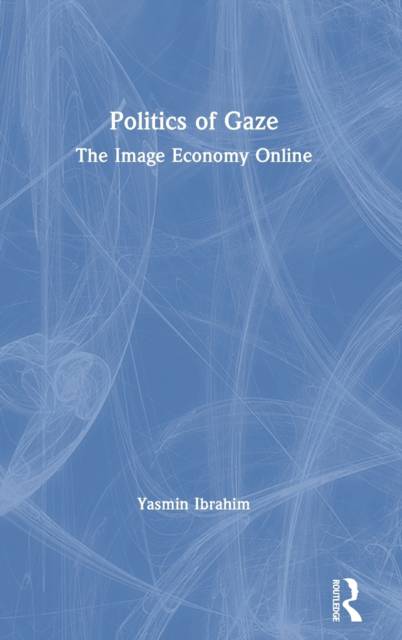
- Retrait gratuit dans votre magasin Club
- 7.000.000 titres dans notre catalogue
- Payer en toute sécurité
- Toujours un magasin près de chez vous
- Retrait gratuit dans votre magasin Club
- 7.000.0000 titres dans notre catalogue
- Payer en toute sécurité
- Toujours un magasin près de chez vous
Description
Going beyond the cursory reasons behind why we capture images on the move, Politics of Gaze explores our contemporary practices around visual imaging and brings original conceptualisations about why we constantly capture ourselves and our environments through digital technologies.
Our technologically mediated 'everyday visuality' has moral and ethical implications for the ways in which we construct our worlds, understand world events, represent ourselves, commodify our environments and transact these with the wider world. Through these acts we constantly negotiate our sense of aesthetics, our notions of what is private and public, our depictions of the everyday and issues of security and conflict whilst constructing moral codes for a technologically-mediated society. This book argues that we have crafted a 'Glasshouse' society where the forms of gaze are open-ended, promising us empowerment while making us endlessly vulnerable.
Politics of Gaze
is a vital resource for New Media studies and related fields such as photography, technology studies, visual communications, journalism and sociology.Spécifications
Parties prenantes
- Auteur(s) :
- Editeur:
Contenu
- Nombre de pages :
- 124
- Langue:
- Anglais
Caractéristiques
- EAN:
- 9781138392564
- Date de parution :
- 09-07-19
- Format:
- Livre relié
- Format numérique:
- Genaaid
- Dimensions :
- 156 mm x 234 mm
- Poids :
- 371 g

Les avis
Nous publions uniquement les avis qui respectent les conditions requises. Consultez nos conditions pour les avis.






